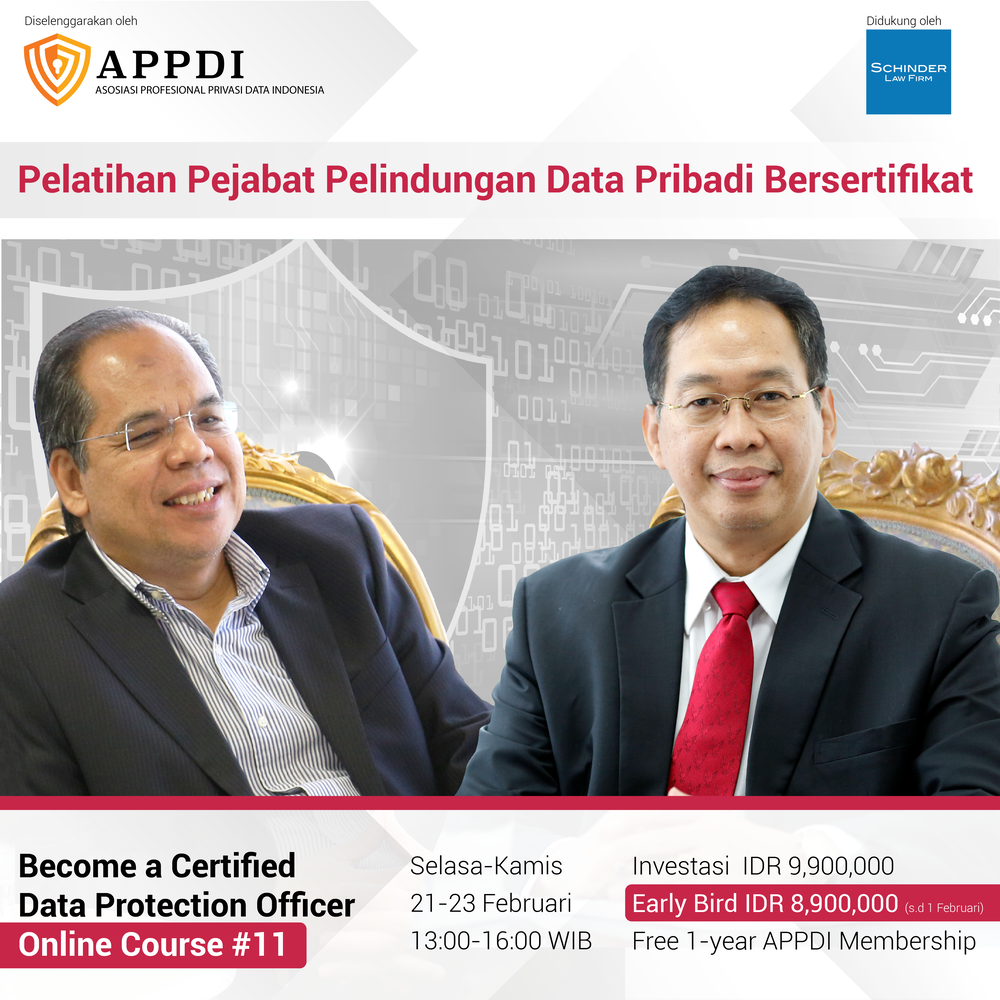An Insightful Lecture by Professor Dr Abu Bakar Munir at UNISSA
Professor Dr Abu Bakar Munir, an internationally renowned scholar, expert, and consultant in Cyber Law and Data Protection Law, as well as Co-Founder of Asosiasi Profesional Privasi Data Indonesia (APPDI), explained that the Order represents Brunei’s decisive step toward establishing a structured and ethical data governance framework, ensuring that businesses act responsibly in managing personal information. He highlighted the importance of balancing innovation with accountability, urging organizations to view compliance not merely as a legal obligation but as a means to strengthen trust and enhance competitiveness.

This was conveyed as part of his lecture on Brunei’s Personal Data Protection Order (PDPO) 2025, held at the Sultan Haji Hassanal Bolkiah Faculty of Law, Universiti Islam Sultan Sharif Ali (UNISSA) on Saturday, 4 October 2025.
Brunei’s Step Toward Comprehensive Data Protection
In his presentation, Professor Munir elaborated on how the PDPO 2025 reflects Brunei’s growing commitment to responsible digital transformation and sustainable innovation. The framework, he noted, sets out a national standard for how personal data should be collected, stored, and processed—anchored in ethical governance and international best practices.



He further emphasized that the Order is not simply a regulatory tool but a mechanism to build public confidence and strengthen institutional integrity. Through effective implementation and awareness, businesses can align operational efficiency with privacy protection, ensuring that technological progress remains grounded in accountability and respect for individual rights.
Global Comparisons and Compliance Strategies
Drawing from his vast international experience, Professor Munir compared Brunei’s framework with established global regimes such as the European Union’s General Data Protection Regulation (GDPR), Singapore’s PDPA, and Malaysia’s Personal Data Protection Act. He observed that Brunei’s approach integrates ethical and Sharia-based principles with modern governance, underscoring a unique balance between cultural values and global standards.


He also offered strategic insights for organizations navigating the PDPO, encouraging the creation of internal compliance structures, appointment of data protection officers, and the adoption of risk-based approaches to data management. These measures, he explained, will not only ensure compliance but also cultivate a culture of trust and transparency within institutions.
Encouraging Awareness and Academic Engagement
The lecture attracted students, academics, policymakers, and legal practitioners, who engaged in meaningful discussions about the broader implications of Brunei’s PDPO and its role in regional data protection harmonization. The event reaffirmed UNISSA’s commitment to academic excellence and policy engagement, bridging theory with practical application in the rapidly evolving field of data protection law.


Attendees praised Professor Munir’s insightful and pragmatic perspectives, which provided clarity on how ASEAN member states can strengthen cooperation to ensure consistent and responsible personal data management across jurisdictions.

